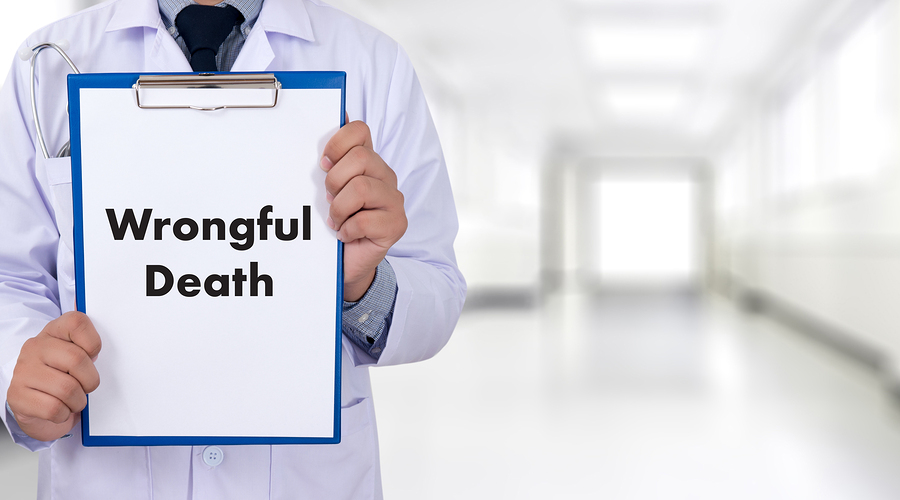How Does A Wrongful Death Lawsuit Work?
 Michael Babboni
Wrongful Death
A wrongful death lawsuit is something that no family wishes to face, but the unfortunate reality is that many Florida families do just that each year. A wrongful death lawsuit is a stressful experience in several ways, as you’re looking to recoup losses while also dealing with the emotional ramifications of losing a loved one. Wrongful death cases revolve around either intentional or unintentional negligent accidents resulting in another person’s death, and the family of that person pursuing a lawsuit against negligent parties covering damages the death has caused.
Michael Babboni
Wrongful Death
A wrongful death lawsuit is something that no family wishes to face, but the unfortunate reality is that many Florida families do just that each year. A wrongful death lawsuit is a stressful experience in several ways, as you’re looking to recoup losses while also dealing with the emotional ramifications of losing a loved one. Wrongful death cases revolve around either intentional or unintentional negligent accidents resulting in another person’s death, and the family of that person pursuing a lawsuit against negligent parties covering damages the death has caused.When Is A Wrongful Death Claim Appropriate?
A few factors need to be involved in order to file a wrongful death claim. Essentially, if a person would have been able to file a personal injury claim had they not died as a result of their injuries, a wrongful death suit is likely the appropriate action for a family to take. If a person is intentionally killed, if a person is killed in an accident due to another party’s negligence, and if a person succumbs to injuries from a slip and fall that could have been prevented, a wrongful death lawsuit may be sought.
How To Prove Your Case
Wrongful death cases need to be proven through the same burden of evidence a victim would have required if theirs was a personal injury case. The injured person would have had to prove that negligence has caused their accident, that they were owed a duty of care by the negligent party, what their injuries were, and how much those injuries cost them and their family. In wrongful death cases, this becomes the burden of the family to prove.
With the assistance of a Florida personal injury attorney, families in the St. Petersburg area can relieve some of the stress experienced in this evidence collection process. Your attorney will not only represent you in your case, but help you to prepare for your most successful experience possible.
Who Files Wrongful Death Cases?
In large families, it may be somewhat confusing as to who may file a wrongful death case on behalf of their deceased loved one. Typically, the deceased person will have a single representative of their estate, usually a spouse, child, parent, or in some instances a sibling, and it’s this representative who will lead the charge in a wrongful death case. If a family seeks the assistance of a personal injury attorney, your attorney will be able to guide you in who is best served to file the claim.
What Damages Can Be Collected?
Wrongful death cases may cover several different damages. Some common damages collected in Florida wrongful death cases include:
• Survival claim – Survival claims cover the deceased’s pain and suffering as a result of the accident but before succumbing to their injuries.
• Medical costs – Prior to death, any medical costs incurred due to the accident may be recovered in a wrongful death case.
• Funeral and burial costs – The funeral and burial costs may be recouped through a wrongful death suit.
• Loss of care and guidance – The loss of any care or guidance that would have been provided by the deceased may be compensated.
• Loss of expected income – Loss of expected income covers the financial contributions of the deceased had they not succumbed to their accident injuries.
